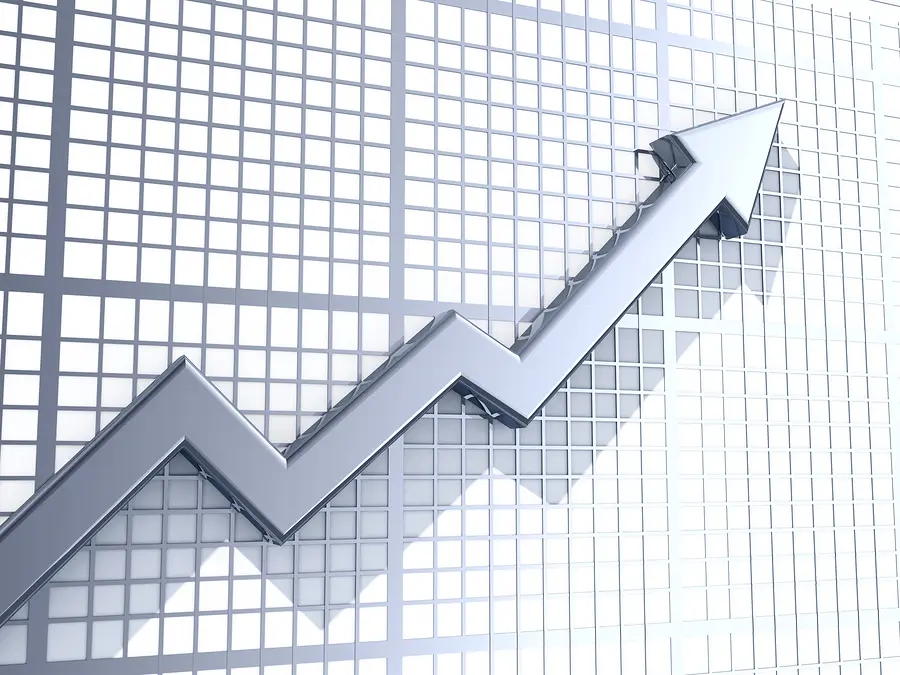Growth within the Eurozone seems to be improving as business activity managed to hit a five month high in January with firms cutting prices to draw customers back in.
The economic measure of Markit’s “flash” purchasing managers’ index records the purchasing activity of the period with any reading above 50 points indicating expansion. December was already above the 50 mark, coming in at 51.4 but January seems to have topped that at a point of 52.
Much of this growth has been fuelled by falling prices which has seen firms cutting the prices of their goods and services at a rate not seen in the Eurozone for around five years which has further fanned the flames of possible deflation across the economic bloc thus generating a greater need for the stimulus programme that the European Central Bank recently announced. With the index for pricing falling to a low of 46.9, incidentally the lowest it has been since February 2010, this is currently a positive for the consumer but needs to be arrested quickly if Europe wants to regain some economic buoyancy.
The survey covers a variety of factors across the n19 country economic bloc that includes manufacturing, construction and services companies and as such is a closely watched measure of how growth in the area is doing. Uncertainty seems to have crept in in recent months so news of growth, under any circumstances, will be greatly welcomed although the nature of this growth will also have to be carefully considered going forward. According to Chris Williamson, chief economist at Markit:
“The eurozone enjoyed a positive start to 2015. The rate of expansion remains worryingly weak, however, with the PMI running at a level consistent with GDP rising at a quarterly rate of just 0.2%, and the economy both fragile and susceptible to shocks and further setbacks. That said, there’s good reason to believe the rate of expansion will continue to improve in coming months.”
Close trading partners of the European Union, such as Britain and China, will also be keeping an eye on the situation as a large amount of their exports rely on the Eurozone and a slowdown will have an adverse effect on their economies too.
The Eurozone has moved out of the recession it had previously been suffering after the 2008 economic crisis hit the continent but it has been struggling to gain any sort of meaningful momentum since that point and has struggled with serious growth. If the correct measures are taken, now could be the time that this begins to happen for Europe.
For more information about European immigration visit our partners Immigration Into Europe, or contact us here.



